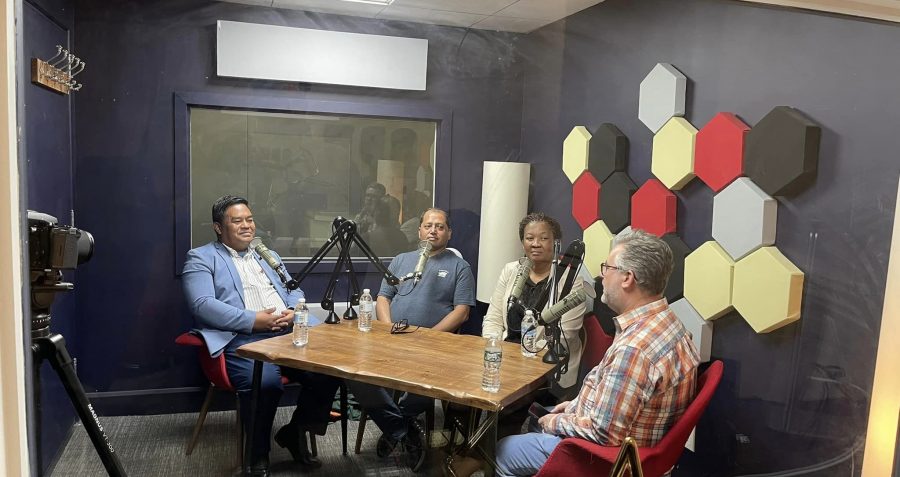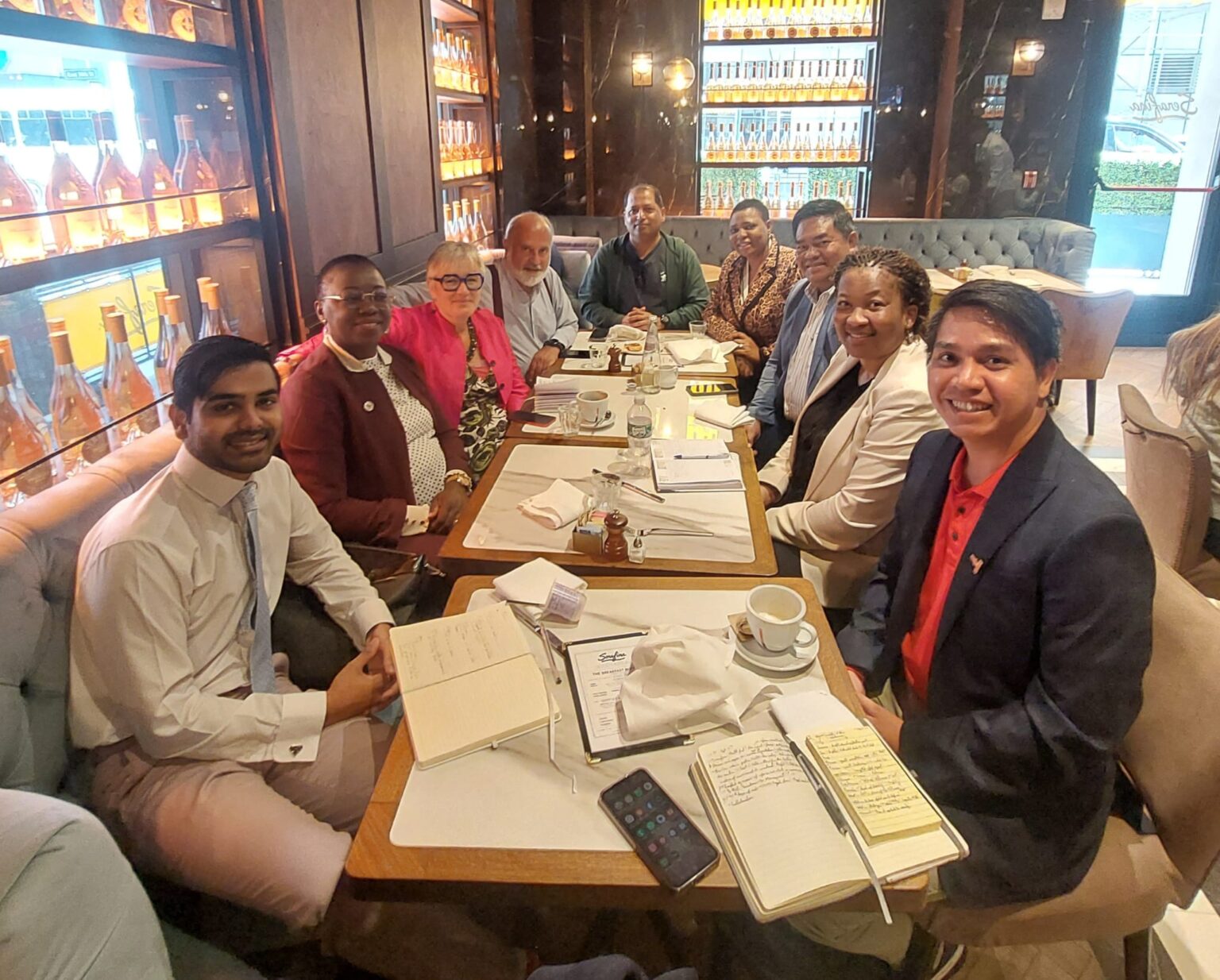Key takeaways from the 2023 UN High-Level Meetings

Members of the Frontline AIDS partnership convened in New York to participate in the United Nations High-Level Meetings on PPPR, UHC and TB.
2023 has been a year marked by the escalating impacts of climate change, heightened food insecurity, rising inflation, and ongoing conflict in Ukraine. Against the backdrop of these converging crises, the United Nations held its annual General Assembly High-Level Meetings (HLMs) last week.
Members of the Frontline AIDS partnership convened in New York to actively engage in these vital discussions, with representatives in attendance from the Alliance for Public Health (Ukraine), BONELA (Botswana), Apcaso (Thailand), KHANA (Cambodia), ARASA (South Africa), MENA Harm Reduction Association, SRHR Africa Trust, and Alliance Côte d’Ivoire.

Key moments included the three high-level political declarations on PPPR (Pandemic Preparedness, Prevention, and Response), UHC (Universal Health Coverage), and TB (Tuberculosis) – all of which are critically important to strengthening existing health systems and meaningfully engaging communities in the joint effort to end AIDS.
Heads of state missing in action
Despite the enormous challenges the world is facing, it was clear that an increasingly fraught global situation is making it difficult for world leaders to come together and collaborate. Of the permanent members of the UN Security Council, only the U.S. was represented by its Head of Government during in-person discussions. Similarly, for all three high-level political declarations, very few Heads of State participated in the launch meetings; only 13 Heads of State spoke at the HLM on PPPR and only two for the HLM on TB.
This limited participation from Heads of State is alarming, especially in the wake of the recent devastating impacts of COVID-19. With over three decades of experience in the HIV response, we understand that countering pandemics requires ongoing, sustained engagement from governments.
Where was the meaningful engagement of civil society?
The ongoing challenges experienced by civil society and community organisations in participating in the HLM processes were also concerning. A key lesson from the HIV response is the pivotal role of community-led efforts in preventing, detecting, and responding to pandemics, particularly for marginalised populations. However, community representatives who had spent months engaging around the three HLMs found themselves unable to secure attendance at the in-person meetings, or received confirmation so late that obtaining a visa became impossible. Particularly discouraging was that representatives from civil society, who had managed to secure their attendance and were pushing for active engagement of communities, were only given a limited number of opportunities to speak or engage on the declarations.
Ending HIV, malaria and TB remains a priority
Despite these challenges, there were some positive takeaways from the HLMs. In particular, the text of the PPPR High-Level Declaration contains important language reaffirming countries’ commitment to ending the pandemics of HIV, TB, and malaria, while also drawing from their wealth of experience in designing future pandemic responses. Much of the pandemic preparedness infrastructure needed, such as surveillance structures, laboratories, and testing centres, has been supported as part of the responses to these three epidemics. The declaration also makes reference to community responses, although more must still be done to ensure these initiatives are led and developed by communities themselves, and not imposed from the top down.
Have we learnt lessons from COVID-19?
The uneven distribution of the COVID-19 vaccine mirrored colonialist hierarchies during the early years of the HIV pandemic, when pharmaceutical companies prioritised profits over human lives. This inequity resulted in the denial of lifesaving products to people in low- and middle-income countries, increasing the risks of new variants emerging. The lack of strong commitments to support equitable and fair access to vaccines and other medical technologies in future pandemics. represented a glaring absence from the PPPR political declaration.
Towards a future free from AIDS: A collective responsibility
During the PPPR HLM, it became clear that many governments will now return their focus to the ongoing negotiations in Geneva around the Pandemic Accord. As we look forward with our shared goal to end AIDS in mind, it is imperative that these issues of equitable and fair access to vaccines and medical technologies are addressed in the Accord. With this upcoming discussion soon to take place on the global stage later this year, we must mobilise and continue working together to build an equitable global health system that centres human rights and human lives.
Feature image was taken by KHANA. The photo shows partner representatives from KHANA, Alliance for Public Health, and ARASA recording an episode of Sharing the Mic with A Shot in the Arm Podcast.
Tags
COVID-19Pandemic Prevention Preparedness and Response (PPPR)Tuberculosis (TB)Universal Health Coverage (UHC)

